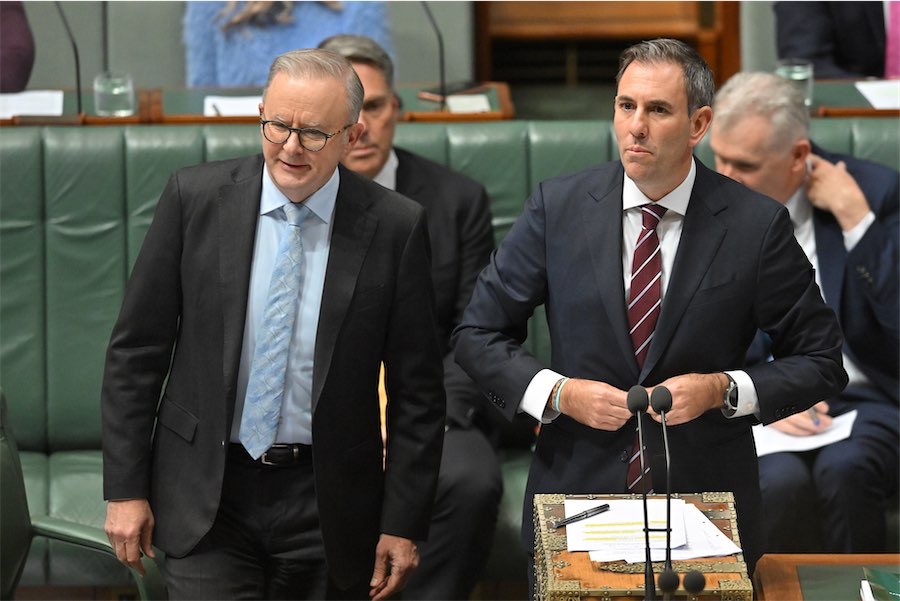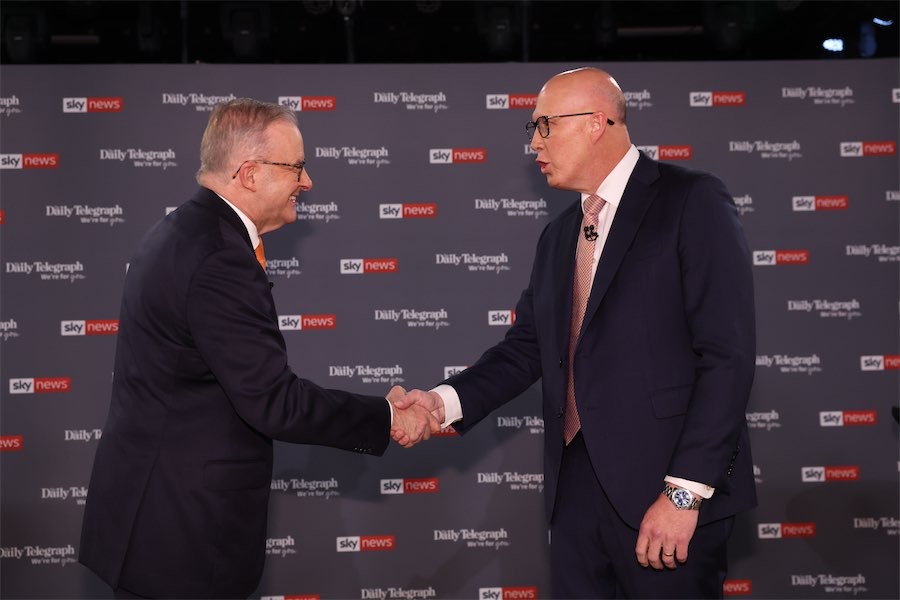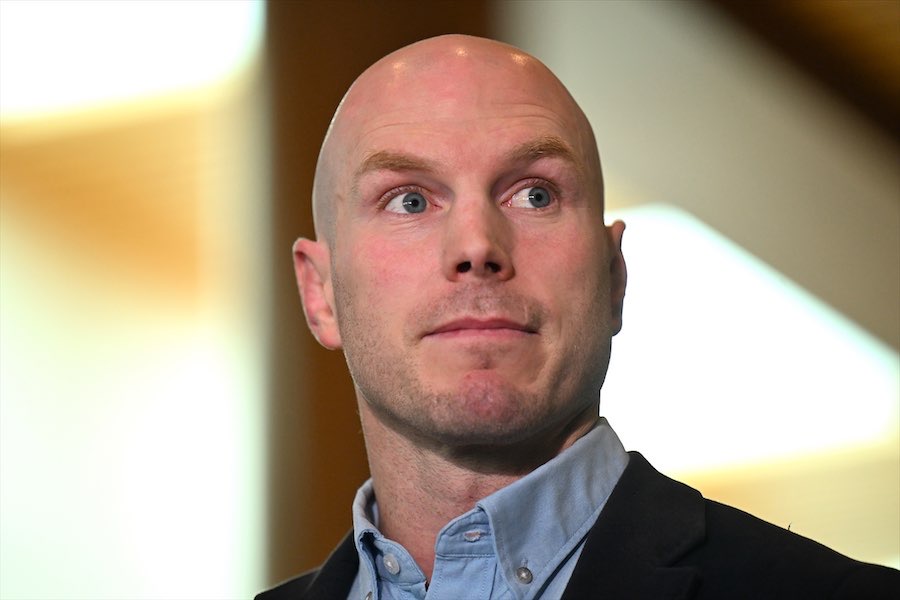
“The biggest challenge remains for federal Labor to reconnect with regional Australia. Otherwise they are cactus electorally, and will go the same way as the Miles government, with lingering support in the cities but being electorally toxic elsewhere,” writes PROF ROSS FITZGERALD.
In Saturday’s state election, the Liberal National Party of Queensland decisively ended the ALP’s nine-year run in office. This means that, in Queensland’s one-house parliament, LNP leader, the MLA for Broadwater on the Gold Coast, David Crisafulli, will be able to form government with a workable majority.

As readers of CityNews may remember, on October 21 I predicted an anti-Labor swing in Queensland of up to 10 per cent.
But the Queensland-wide swing of 7.3 per cent is misleading.
The reason that there wasn’t an utter ALP wipe out was that, by offering cost of living relief and 50 cent transport fares Steve Miles (who still leads the ALP) lessened his party’s potential losses in urban and suburban Brisbane, and beyond.
Almost entirely due to Miles’ campaigning skills in the last few weeks of the campaign, Labor did relatively well in the southeast corner, suffering only a modest swing against it.
Both the Coalition and Labor at federal level need to learn that the electorate responds to such bread-and-butter initiatives.
The salient lesson for Labor comes from outside Brisbane and the southeast corner.
But the large anti-Labor vote wasn’t just in rural areas.
The ALP suffered a double digit swing against it in central, western and northern Queensland, with losses in Mackay, Rockhampton and Mackay, seats it had held for almost 100 years.
These devastating losses in regional Queensland were the key to the state ALP being so clearly kicked out of government.
They demonstrate graphically the evaporation of Labor’s support in regional Queensland, and arguably in regional Australia generally. This is an alarming prospect for Prime Minister Anthony Albanese’s attempt to next year win a second term.
Many citizens, including owners of small businesses, are suffering throughout Australia. But in regional Australia they are bleeding.
Renewables are an important issue. Regional Australians are vehemently against wind turbines and the prospect of transmission lines carrying renewable power criss-crossing the nation. This means that a sizeable number of regional voters see Peter Dutton’s drive for nuclear power as solving their problems. The ban on live cattle exports is further alienating Labor in the west.
If a swing is on in state politics in Queensland, it is usually huge. When Queensland Labor was last bundled out of office in 2012, it was reduced from 51 to seven parliamentary representatives. So, with some justification, Labor in Queensland can be somewhat pleased that its bag of 30 seats is slightly more than four times that figure.
But a win is a win and the LNP is in majority government, and Labor is in opposition, probably for a while. Just as only a fool in football can be happy losing a grand final by a point or a goal or two, the same applies to Australian politics!
Although crucial to Queensland’s future financial well-being, and the image of the Sunshine State throughout Australia, and abroad, state Labor’s demise wasn’t primarily because it messed up the Olympic planning.
Much more important were Labor’s incompetence in hospital management including chronic ambulance ramping and failing to deal with the youth crime epidemic.
As well as lessons of the Queensland election for federal Labor here’s also a message for the Greens. Many pundits maintain that their poor showing was at least in part due to their relentless role in vetoing key government reforms in the Senate, such as the government’s Home Guarantee Scheme that Albanese and Chalmers took to voters at the last election.
The biggest challenge remains for federal Labor to reconnect with regional Australia. Otherwise they are cactus electorally, and will go the same way as the Miles government, with lingering support in the cities but being electorally toxic elsewhere.
The Albanese/Chalmers government has to quickly find a way of gaining support outside the big cities, where the Labor vote is these days increasingly concentrated. This will not be easy.
If the federal ALP is to achieve a second term it means either jettisoning or at least underplaying its major stress on social and environmental issues.
Instead, Labor in Australia should be focusing, almost exclusively, on easing cost-of-living pressures, solving our severe housing problems, and coming up with a workable solution to what an increasing number of citizens, especially in the regions, regard as the problem of too many migrants currently coming to a nation where so many Australians are doing it tough.
If federal Labor does not rapidly readjust to this stark reality, the conservative coalition may well win next year’s election by default.
Ross Fitzgerald AM is Emeritus Professor of History and Politics at Griffith University. He has written three histories of Queensland. Prof Fitzgerald’s latest books are Fifty Years Sober: An Alcoholic’s Journey and a boxed set of four Australian political satires, The Ascent of Everest, authored with Ian McFadyen, of Comedy Company fame.
Who can be trusted?
In a world of spin and confusion, there’s never been a more important time to support independent journalism in Canberra.
If you trust our work online and want to enforce the power of independent voices, I invite you to make a small contribution.
Every dollar of support is invested back into our journalism to help keep citynews.com.au strong and free.
Thank you,
Ian Meikle, editor









Leave a Reply